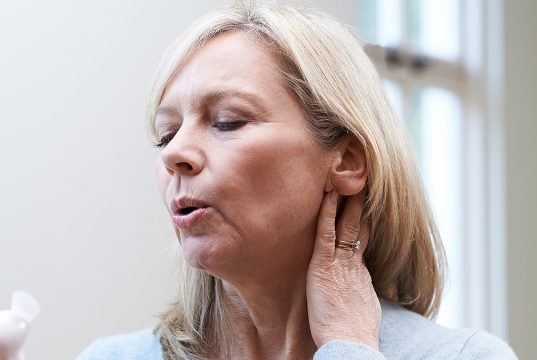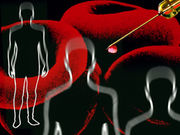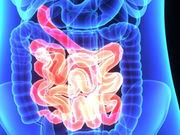Herpes Simplex Virus Linked to Frailty, Mortality
Only HSV-2 independently predicts five-year mortality risk in older women aged 70 to 79 years
Radon in the Home Linked to Hematologic Malignancies
Association seen in women, but no connection found in men
Increase in Low-Risk AMI Survivors From 2001 to 2011
Younger patients, men, married, those without multimorbidities more likely to be low-risk survivors
Physician Leadership Training May Help Counteract Burnout
Leadership ratings strongly linked to employee burnout and satisfaction
Price Transparency Tool Doesn’t Cut Health Care Spending
Small percentage of eligible employees used the tool when offered
Artemisia Extract Ups Insulin Sensitivity in GDM
Randomized trial shows sizable reduction in fasting plasma glucose, serum insulin levels, HOMA-IR
Report: Why Health Care Costs Are Lower in Europe Than U.S.
Main reason for price difference is national system that negotiates with medical providers
Cognitive Behavioral Therapy Advised for Chronic Insomnia
CBT recommended as initial treatment; drugs should be considered if CBT unsuccessful
High Risk of Long-Term Complications Seen With ICDs
Cardiac resynchronization therapy devices have much higher complication rate than simpler devices
USPSTF: Evidence Lacking for Celiac Disease Screening
Evidence is inadequate for assessing harms, benefits of screening in asymptomatic individuals



















